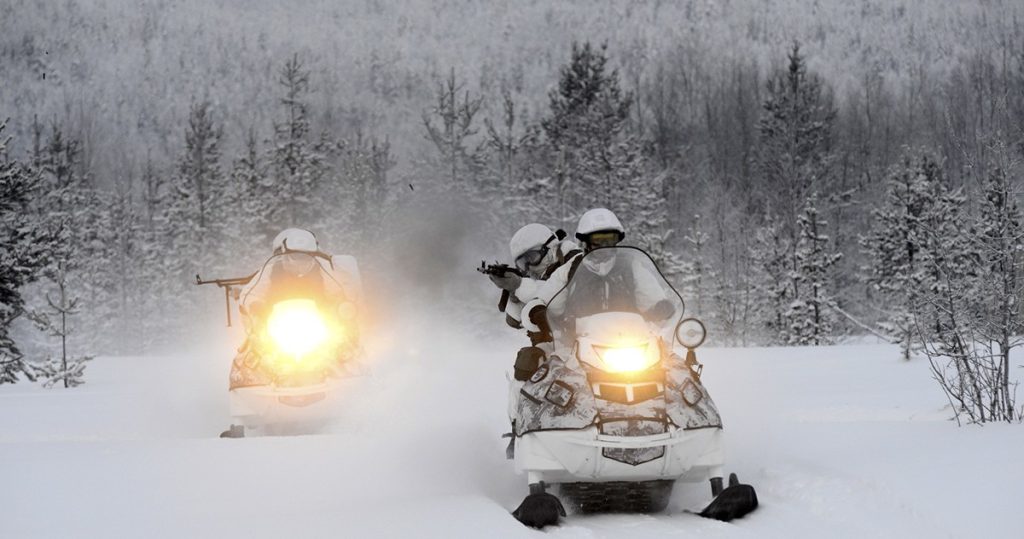The Kremlin has long considered the Arctic a priority for economic development and national security.
Others are reading now
Two days after overseeing a key shipbuilding milestone from the Kremlin, Vladimir Putin set out a sweeping vision for Russia’s future in the polar region.
He framed the push as both strategic and historic, urging officials to continue strengthening Moscow’s position across the far north.
Expanding Arctic aims
Speaking via videoconference during the ceremonial launch of the nuclear icebreaker Stalingrad, the Russian president said the country needed to make full use of its northern transport routes.
According to Russian state broadcasters, he described the plans as critical for Russia’s long-term ambitions.
“The challenges we face are, without exaggeration, historic.
Also read
We must constantly strengthen Russia’s position in the Arctic, fully exploit the logistical potential of our country, and guarantee the development of a promising Arctic transport corridor from St. Petersburg to Vladivostok,” he said.
Putin also insisted Russia would keep enlarging its icebreaking fleet despite economic difficulties.
He presented the effort as part of a broader push to boost domestic shipbuilding and scientific innovation.
Moscow’s icebreaking power
“Russia is today the only country in the world capable of mass-producing powerful and reliable nuclear icebreakers. And, crucially, using our own national technologies,” Putin declared during the presentation.
The Stalingrad is the sixth vessel in the 22220-class of nuclear icebreakers.
Also read
The craft measures 173.3 meters long and 34 meters wide and carries the latest RITM-200 reactor system. Officials say it can cut through ice roughly three meters thick.
Russia currently operates a nuclear icebreaker fleet of eight ships, supported by another 34 diesel-powered vessels. No other nation has a comparable nuclear fleet.
National symbolism
Putin said the new ship would serve as a symbol of Russian endurance and ingenuity in the Arctic.
“The new icebreaker ‘Stalingrad’ will proudly bear this name. In the harsh conditions of the Arctic, paving the way through the ice, it will become an additional symbol of the talent, power and creative energy of our people, of its ability to conceive and execute the most daring plans and to persevere in the most difficult moments,” he noted, as quoted by EFE.
Russian officials argue the fleet is essential for maintaining regular shipping along the Northern Sea Route, which Moscow hopes to transform into a major commercial corridor linking Europe and Asia.
Also read
Sources: Digi24, EFE


